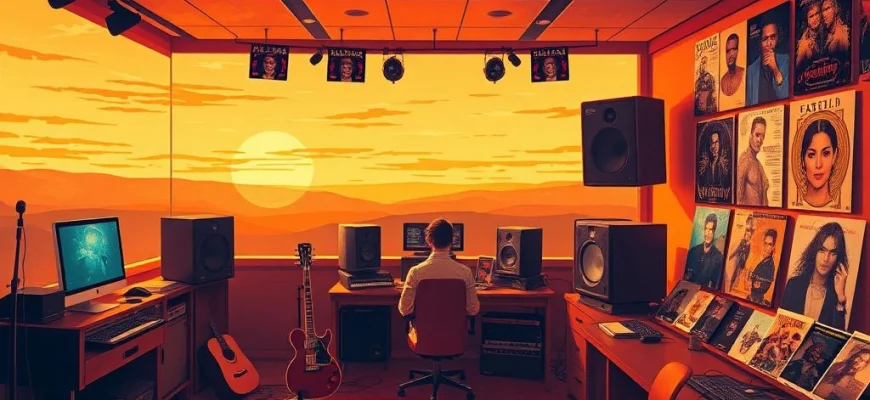If you're a fan of 'Classic Albums: Meat Loaf - Bat Out of Hell (1999)' and its deep dive into the making of this iconic rock album, you'll love these 10 similar movies and shows. This article explores documentaries and series that offer behind-the-scenes insights into legendary music albums, perfect for music enthusiasts craving more stories of creativity and passion.
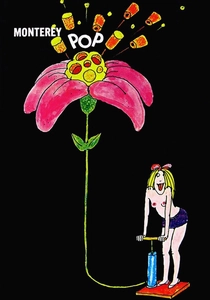
Monterey Pop (1968)
Description: A vibrant documentary capturing the 1967 Monterey International Pop Festival, showcasing groundbreaking performances that defined a generation, similar to the reference's focus on a pivotal musical moment.
Fact: It was one of the first major music festivals in the U.S. The film includes performances by Otis Redding, The Who, and Jimi Hendrix, who famously set his guitar on fire.
 Watch Now
Watch Now 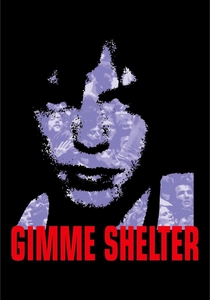
Gimme Shelter (1970)
Description: A raw and unfiltered documentary capturing the Rolling Stones' 1969 tour, reflecting the intense and sometimes chaotic energy of live rock performances, akin to the reference's dramatic and emotional tone.
Fact: The film documents the infamous Altamont Free Concert, where a fan was fatally stabbed during the performance. It's considered a pivotal moment in rock history.
 Watch Now
Watch Now 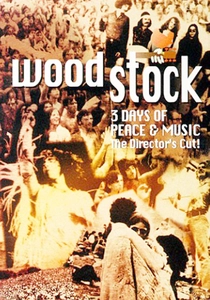
Woodstock (1970)
Description: An iconic documentary that immortalizes the 1969 Woodstock Festival, celebrating the spirit of rock music and its cultural impact, much like the reference's celebration of a seminal album.
Fact: The film won the Academy Award for Best Documentary Feature. It features performances by Jimi Hendrix, Janis Joplin, and The Who.
 Watch Now
Watch Now 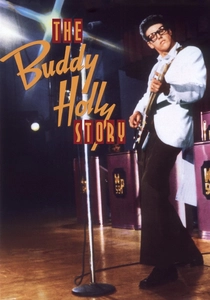
The Buddy Holly Story (1978)
Description: A biographical film about rock and roll pioneer Buddy Holly, highlighting his innovative music and tragic early death, akin to the reference's focus on a groundbreaking musical figure.
Fact: Gary Busey received an Academy Award nomination for his portrayal of Buddy Holly. The film's live performances were recorded live on set.
 Watch Now
Watch Now 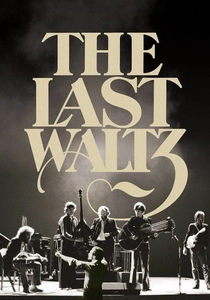
The Last Waltz (1978)
Description: A legendary concert film capturing the final performance of The Band, blending rock, folk, and soul music with a theatrical flair, much like the dramatic and grandiose performances in the reference.
Fact: Directed by Martin Scorsese, it features guest performances by Bob Dylan, Neil Young, and Joni Mitchell. The film is often cited as one of the greatest concert films ever made.
 Watch Now
Watch Now 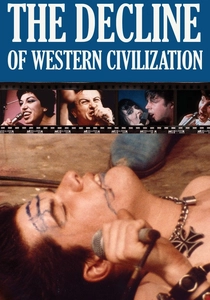
The Decline of Western Civilization (1981)
Description: A gritty documentary exploring the Los Angeles punk scene, mirroring the raw energy and rebellious spirit found in the reference's theatrical rock performances.
Fact: The film features performances by Black Flag, X, and Circle Jerks. It was banned in several cities due to its controversial content.
 Watch Now
Watch Now 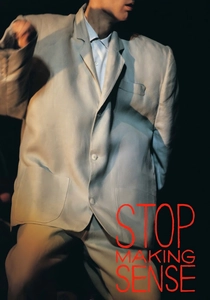
Stop Making Sense (1984)
Description: A groundbreaking concert film that showcases Talking Heads' energetic and visually striking performance, similar to the dynamic and theatrical presentation style of the reference.
Fact: It was the first concert film to be entirely shot on 35mm film. The film's innovative staging and choreography set a new standard for live performances.
 Watch Now
Watch Now 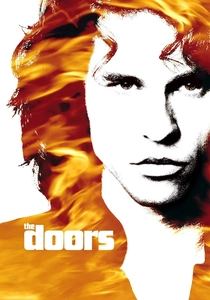
The Doors (1991)
Description: A biographical film about Jim Morrison and The Doors, capturing the band's dramatic and often chaotic performances, similar to the theatrical and intense style of the reference.
Fact: Val Kilmer's performance as Jim Morrison is widely praised for its authenticity. The film's soundtrack features original recordings by The Doors.
 Watch Now
Watch Now 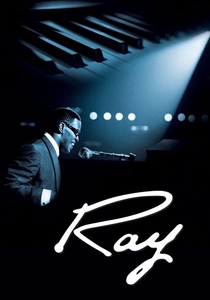
Ray (2004)
Description: A biographical film about Ray Charles, showcasing his musical genius and personal struggles, much like the reference's deep dive into the making of a legendary album.
Fact: Jamie Foxx won the Academy Award for Best Actor for his portrayal of Ray Charles. The film's soundtrack features original recordings by Ray Charles.
 Watch Now
Watch Now 
Amy (2015)
Description: A poignant documentary about Amy Winehouse's life and career, delving into the emotional and artistic struggles of a talented musician, much like the reference's exploration of a legendary album's creation.
Fact: The film won the Academy Award for Best Documentary Feature. It uses never-before-seen archival footage to tell Amy's story.
 Watch Now
Watch Now 
